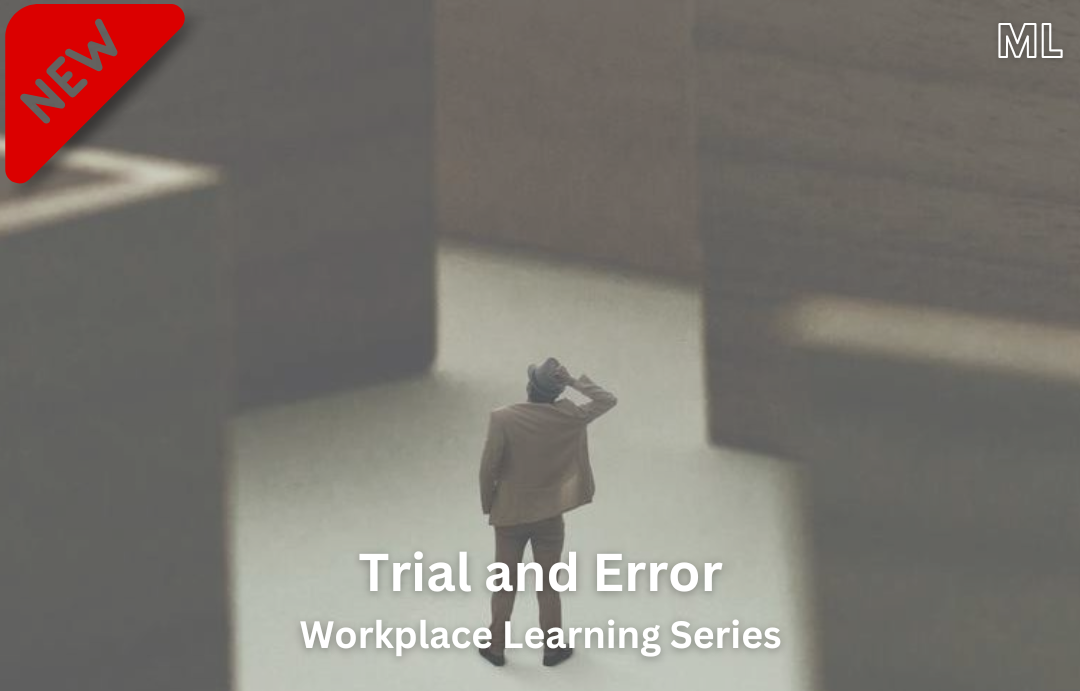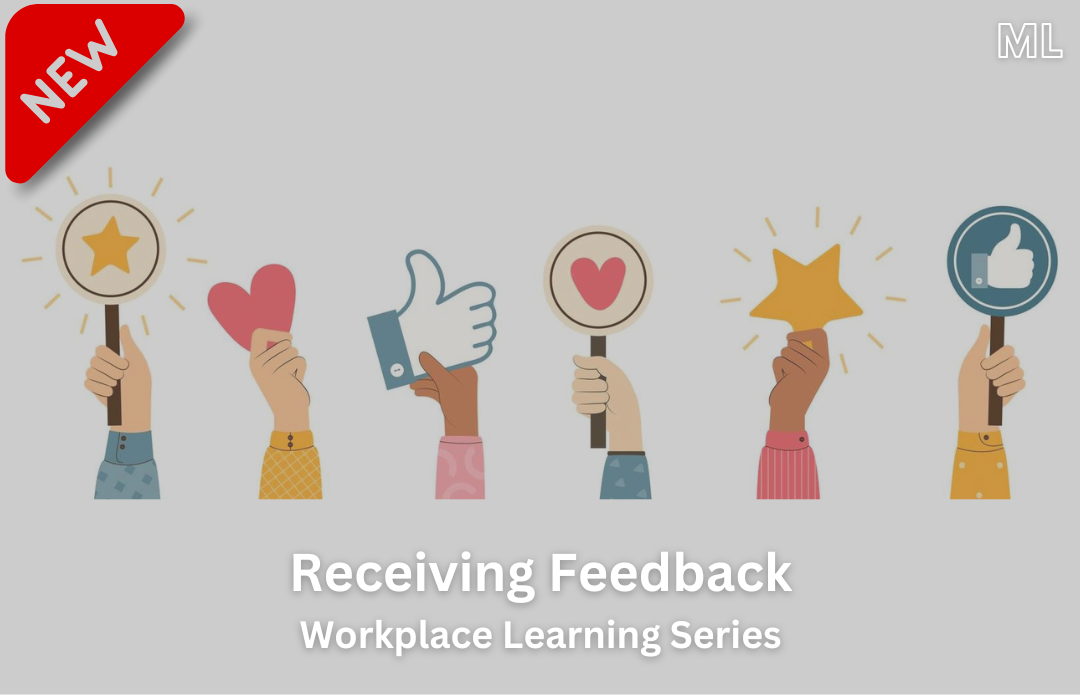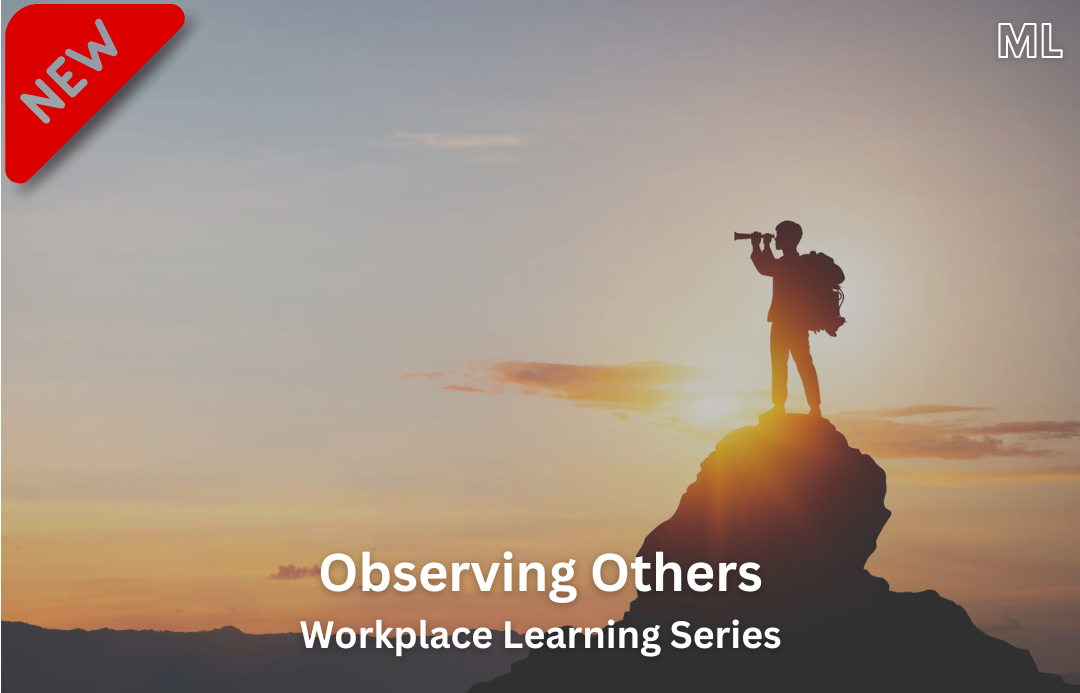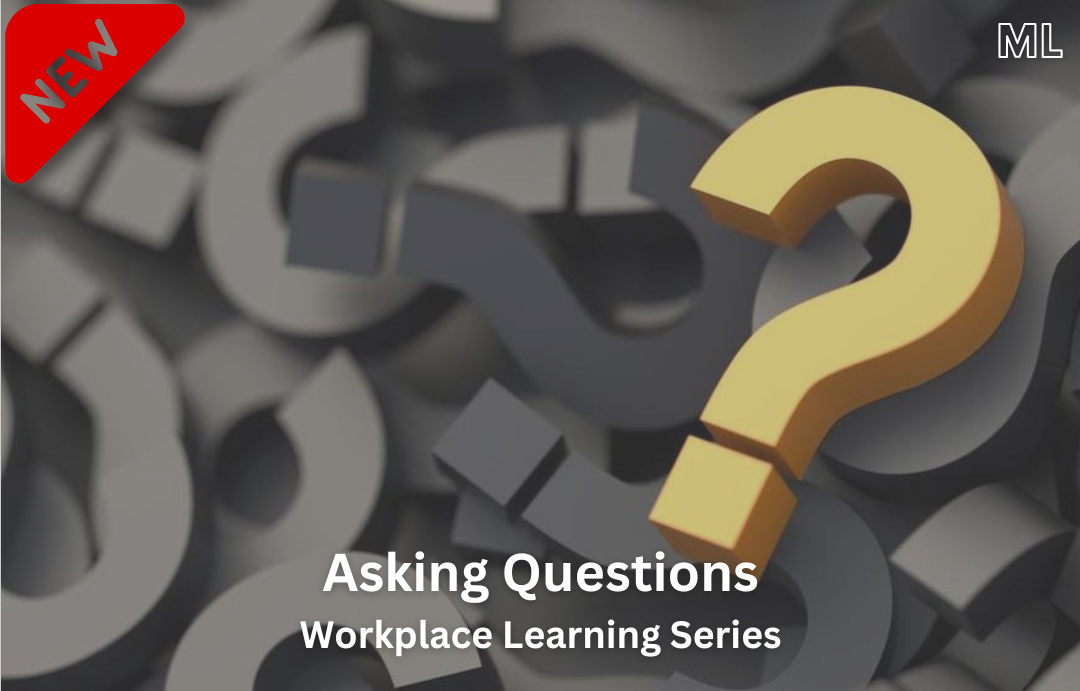Adult Learning
Research and MicroLearning
Explore IAL's dedicated section for an in-depth look into Adult Education Research Articles (RA), featuring innovative studies, findings, and thought leadership. This rich resource includes a variety of MicroLearning (ML) content, specifically crafted for the Adult Learning sector, providing targeted, bite-sized educational resources to enhance your understanding and skills in this evolving field.
Stay ahead
in Training and Adult Education
with IAL’s latest Research Articles and MicroLearning resources.
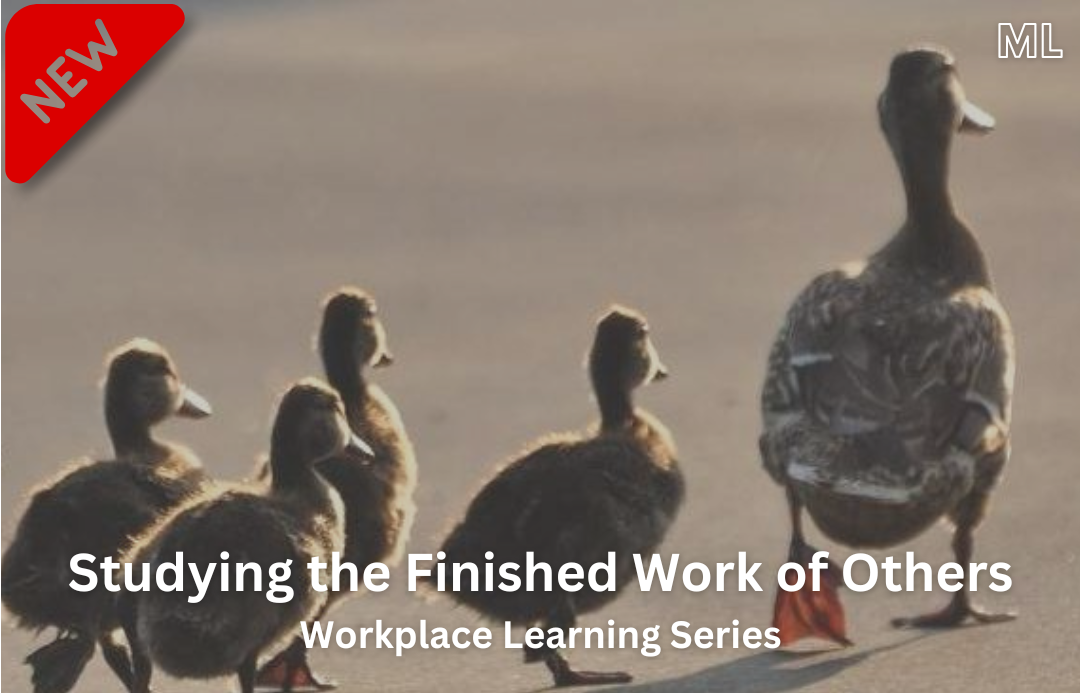
Just like art students learn by studying masterpieces, you can develop your skills at work by examining the finished work of others. This approach provides a benchmark for quality and a reference as you practice. In this microlearning, you’ll learn practical tips for applying this technique in the office and discover the 6 key steps of learning through others’ work.
Join INSIGHT.IAL today
to unlock exclusive research articles and dynamic microlearning content designed to elevate your knowledge and develop future-focused skills for upcoming opportunities.
NOTE: Please sign up using your institutional email address (eg. "xxx@ial.edu.sg").

